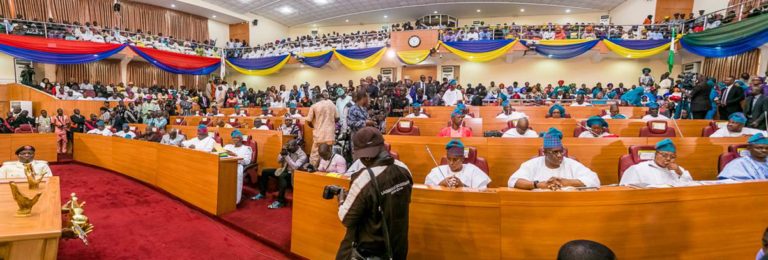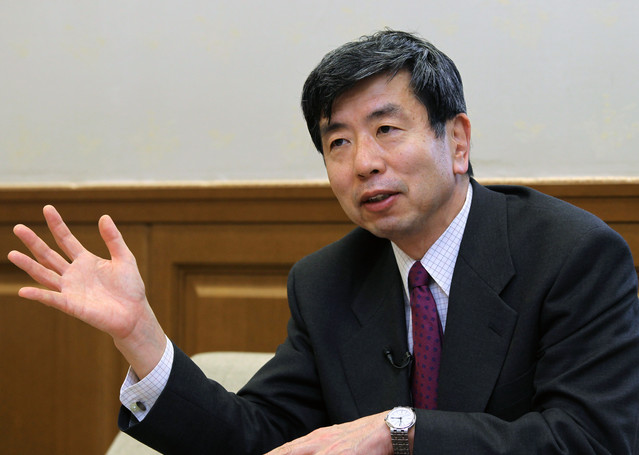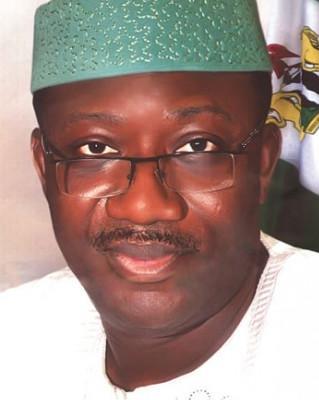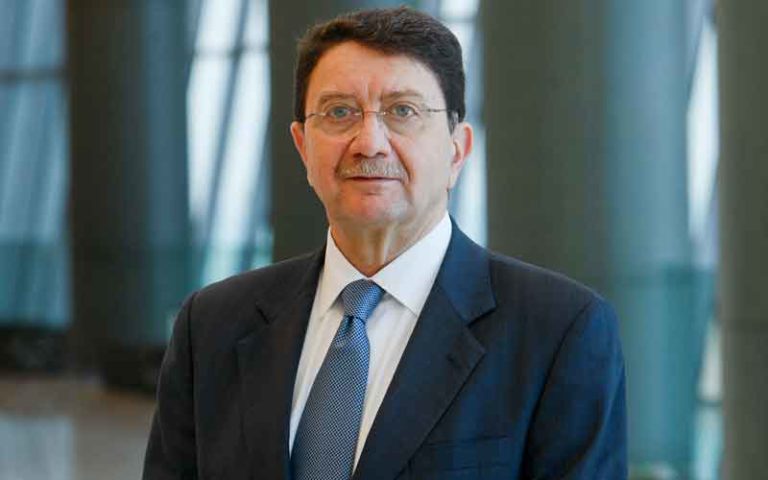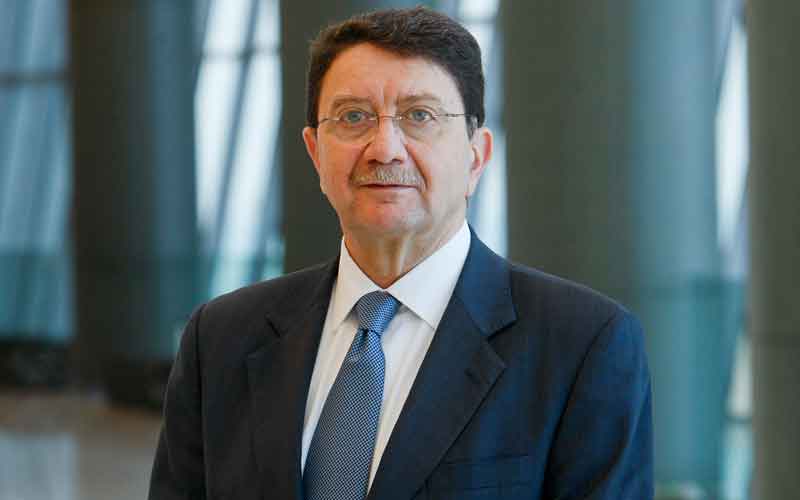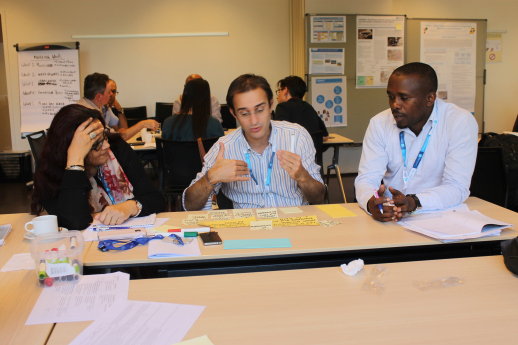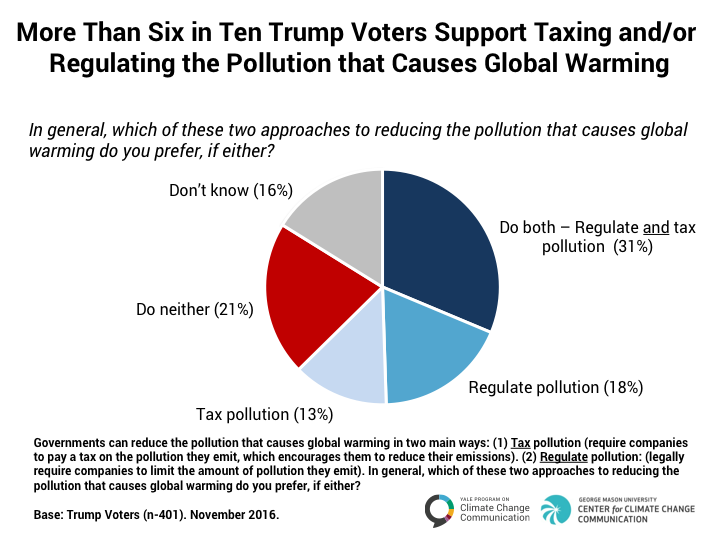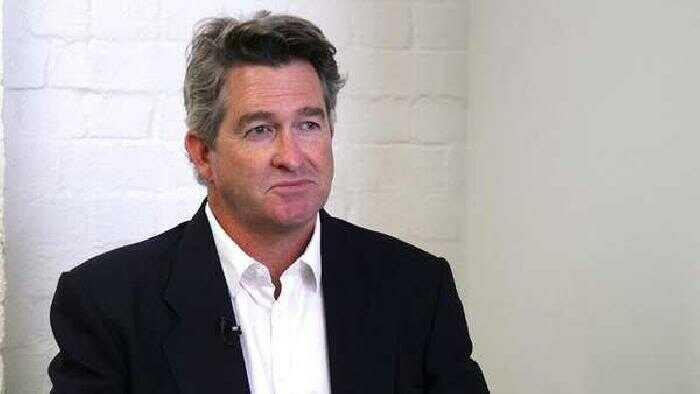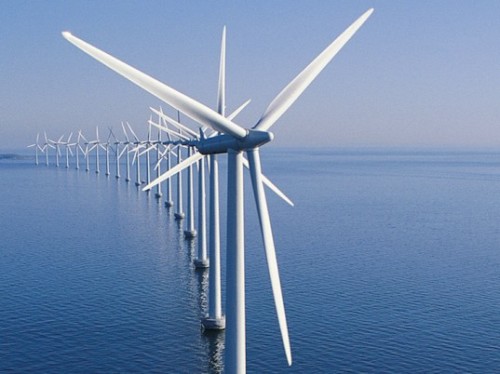The establishment of a new agency and a trust fund appears to be the fulcrum of what looks like a new, rubost environmental legislation being promoted by the Lagos State Government.
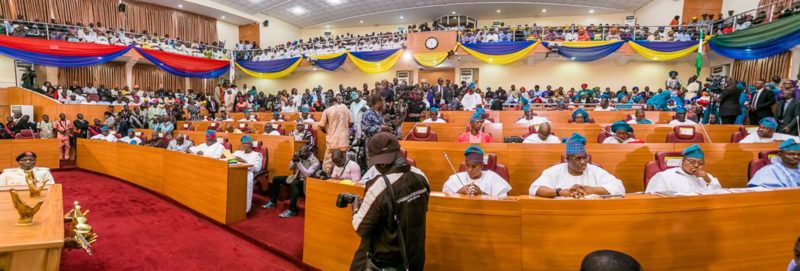
Hitherto, the state operated separate regulations on areas such as water, sanitation, waste water, medical waste, among others, but the new “Environmental Law of Lagos State”, if it eventually sees the light of the day, will provide an umbrella that encapsulates all existing rules, edicts and guidelines.
Lawmakers are on Thursday, February 9, 2017 convening a Public Hearing on the environment bill at the State House of Assembly in Alausa, Ikeja.
However, the proposed law, which aims “to provide for the Management, Protection and Sustainable Development of the Environment in Lagos State”, has established the Public Utilities Monitoring and Assurance Unit (PUMAU), making it the nineth agency under the supervision of the Ministry of the Environment.
Others include the Lagos State Environmental Protection Agency (LASEPA), Lagos Water Corporation (LWC), Lagos Waste Management Authority (LAWMA), Lagos State Signage and Advertisement Agency (LASAA), Lagos State Parks and Garden Agency (LASPARK), Lagos State Wastewater Management Office (LSWMO), Lagos State Environmental Sanitation Enforcement Agency (LSESEA) and Lagos State Water Regulatory Commission (LSWRC).
Besides coordinating the modalities of billing, revenue assurance, and enforcement of tariff, PUMAU, when operational, will take charge of the issuance of bills, collection of tariffs and disbursement of the funds to private operators.
The Unit will also consistently monitor and evaluate the billing and collection of tariffs in order to promote accountability and transparency.
While ensure that the method of billing and collection of tariffs are in line with international best practices, PUMAU is likewise expexted to provide support and training to personnel including private operators in the billing and collection of tariffs.
The Harmonised Environmental Law also establishes the Lagos State Environmental Trust Fund (or Trust Fund), which will be the depository of all monies received under the Law. These monies, it was gathered, will be managed by an independent trustee or a number of independent trustees.
The Law goes ahead to create the Lagos State Environmental Trust Fund Board of Trustees, a body corporate with perpetual succession and a common seal. The Trust Fund Board may sue and be sued in its corporate name; and may acquire, hold, manage and dispose of property for the purpose of discharging its functions under the Law.
The objectives of the Trust Fund are listed to include:
- To promote the development and improvement of the state’s environmental performance and sustainability;
- To create a system that can attract funds from persons, organisations and authorities in tackling environmental issues;
- To provide assistance for action-oriented projects with tangible, measurable results, aimed at protecting, preserving and enhancing the state’s natural environment;
- To promote community based recycling, waste re-use, and waste prevention projects;
- To encourage the provision, maintenance, and improvement of public parks or other public amenity;
- To fund the conservation or promotion of biological diversity through the provision, conservation, restoration or enhancement of a natural habitat or the maintenance or recovery of a species in its natural habitat;
- To promote the innovative use of amenities to enhance, maintain or introduce real community led social, economic or environmental improvements;
- To fund and promote the creation of job opportunities for the youth in waste management, and waste recycling;
- To subsidise the waste collection and disposal cost of indigent households under this law;
- To ensure that the environmental needs of all hitherto underserved areas of Lagos State are catered for;
- To re-train local itinerant waste collectors on environmentally sustainable ways of collecting, reusing and recycling waste;
- To promote research in both the public and the private sectors into environmental problems of any kind;
- To promote environmental education and, in particular, to encourage the development of educational programmes in both the public and the private sectors that will increase public awareness of environmental issues of any kind;
- To fund the acquisition of land for national parks and other categories of dedicated and reserved land for the national parks estate;
- To fund the declaration of areas for marine parks and for related purposes;
- To promote waste avoidance, resource recovery and waste management (including funding enforcement and regulation and local government programmes);
- To fund environmental community groups on campaigns relating to waste reduction, management, reuse and recycle; and,
- To fund the purchase of water entitlements for the purposes of increasing environmental flows for the state’s rivers and restoring or rehabilitating major wetlands.

